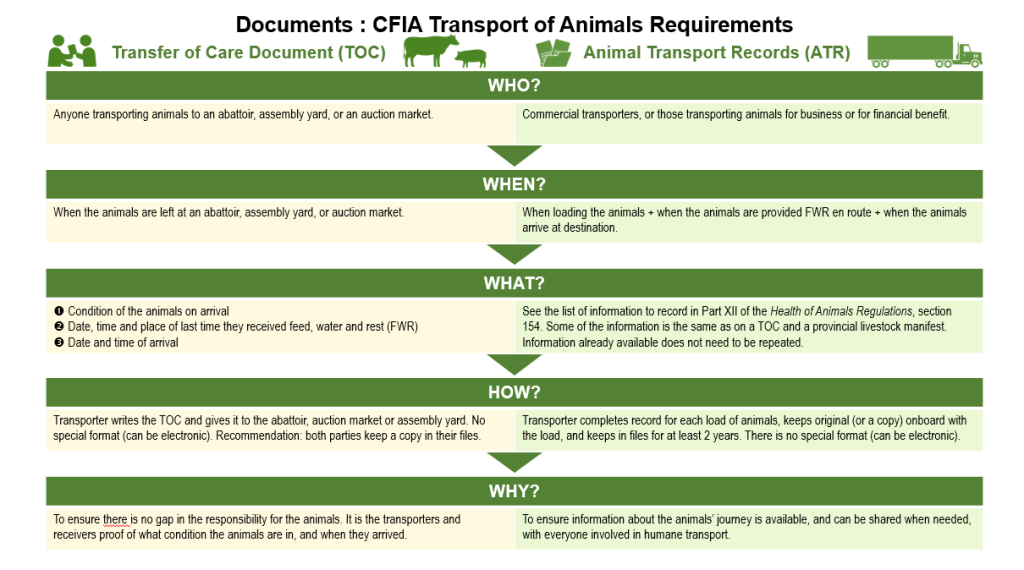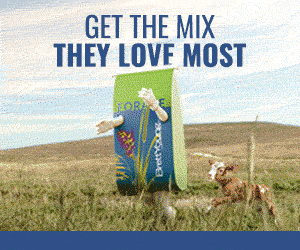AB Direct - Steers
Rail: 527.50-533.50 FOB feedlot (last week)
AB Direct - Heifers
Rail: 527.50-533.50 FOB feedlot (last week)
US Trade- Steers
Rail: 382.00-384.00 (NE, IA) last week
US Trade - Heifers
Rail: 382.00-384.00 (NE, IA) last week
Canadian Dollar
0.28
Graduated enforcement for transport regulations ends
On February 20, 2022, the graduated enforcement period for feed, water and rest (FWR) intervals under the Health of Animals Regulations: Part XII: Transport of Animals ended.
The regulations in effect include a reduced transport time of 36 hours before feed, water and rest must be provided, as well as record-keeping and transfer of care provisions.
Thanks to beef industry engagement efforts from several groups, the Canadian Food Inspection Agency (CFIA) has agreed to not prioritize enforcement of the 36-hour maximum transport time as long as cattle are at least nine days old and transport times are not exceeded by more than four hours (40 hours maximum), and no adverse animal welfare situations occur during transport.
Required
As shown in the following graphic from the Canadian Food Inspection Agency (CFIA), requirements include a Transfer of Care Document (TOC) and Animal Transport Records (ATR).

Transfer of Care Document
The TOC provides proof that a load of animals has arrived, and that the responsibility/care of those animals is passed from transporter to receiver. It is required by anyone transporting animals to a slaughter facility, assembly yard, or an auction market. It must include:
- The date and time the animal arrived at the slaughter establishment, auction market or assembly yard.
- The condition of the animals on arrival (any comments you have about the load).
- When and where the animals were last fed, watered and rested.
There is no special form, and the TOC can be hand written, an email, or text message (screen shot for your records).
It is recommended both the transporter and receiver keep a copy of the TOC for two years.
Animal Transport Records (ATR)
Records must be kept by all commercial transporters and those transporting livestock for business or financial benefit. As per section 154 of Health of Animals Regulations: Part XII: Transport of Animals, the information must include:
- the name and address of the shipper, consignee and person operating the conveyance in which the animals are transported;
- the identifying number or registration number of the conveyance;
- the number of square metres or square feet of floor area available to the animals in the conveyance or, if the animals are in a container, in the container;
- the date and time when and the place where the conveyance or container was last cleaned and disinfected;
- the date and time when and the place where the animals are loaded;
- the number, description and weight of the animals; and
- the date and time when the animals were last fed, watered and rested prior to loading.
Much of this information overlaps with the TOC and provincial livestock manifests. According to CFIA, information does not need to be repeated, as long as it is recorded somewhere.
Form availability
Alberta Beef Producers (ABP) and Verified Beef Production Plus (VBP+) have made templates available to help transporters meet these record keeping requirements.

